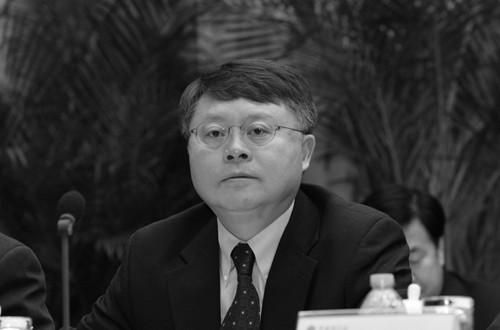The internal investigatory branch of the Chinese Communist Party in Shanghai announced on Nov. 20 that it would be embarking on an audit and investigation of an investment company that has extensive ties to the son of the former Party leader Jiang Zemin, signalling the first time that a member of the immediate family of Jiang has been implicated in the anti-corruption campaign being led by Party leader Xi Jinping.
The investigation of Shanghai Alliance Investment Ltd. (SAIL)—part of a series of deepening investigations into major, officially linked businesses and government departments in Shanghai announced at the same time—is set against a backdrop of multifaceted pressure from Party authorities on the extended factional network associated with Jiang Zemin.
The full implications of the investigation are not yet clear, but the announcement is significant because Jiang Zemin, Party leader from 1989 to 2002, has been the ultimate political rival of current Party chief, Xi Jinping, and many of the top official unseated in the ongoing purge shared extensive ties to Jiang.




